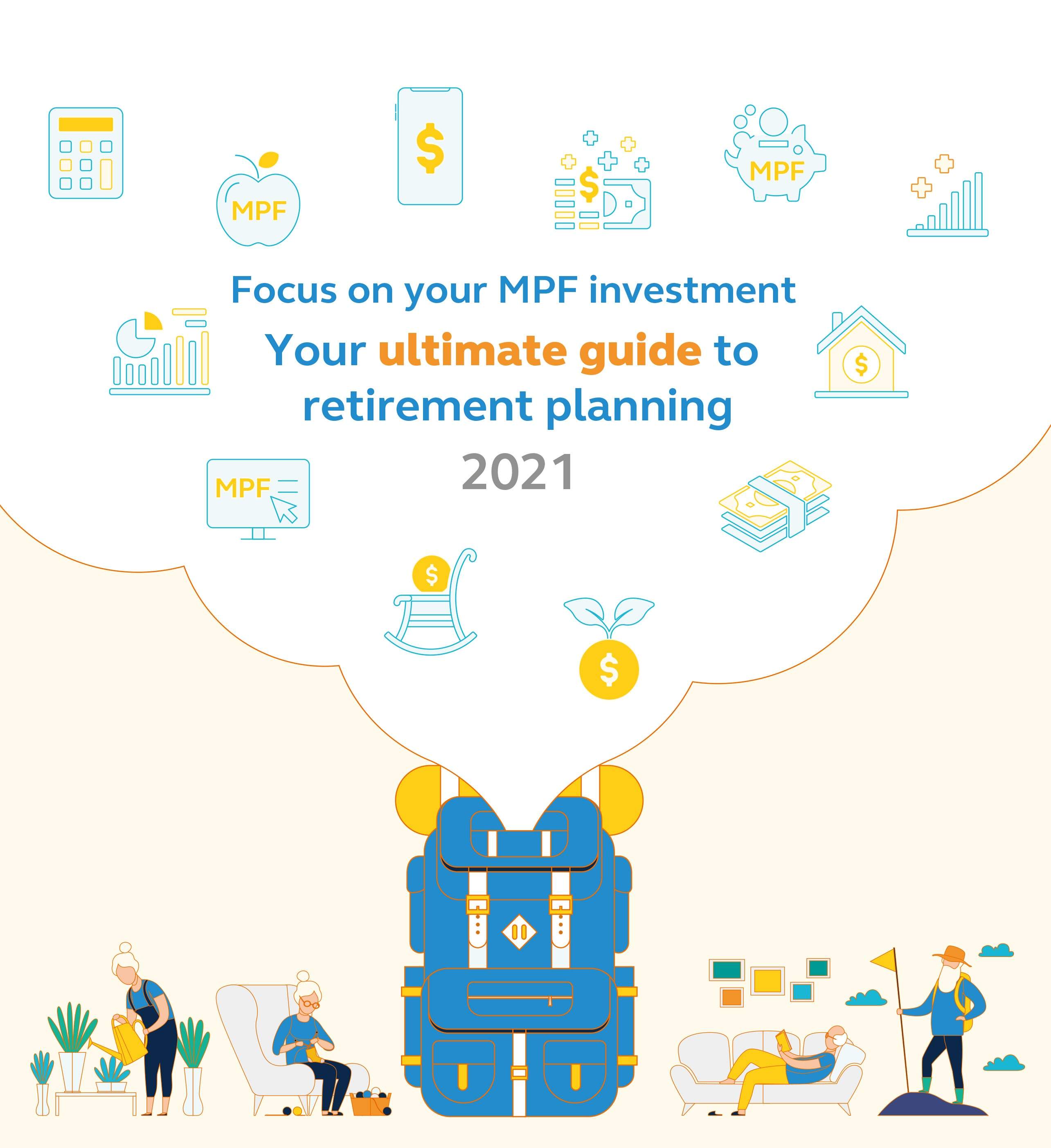Mid-Autumn Tips on Financial Strategy – 5 Ways To An Easy Retirement Planning


Have you ever thought of when you are retiring? What do you plan to do in your retirement?
For some, an ideal retirement life may mean finally having the time to travel, hang out with friends or go on a hike every morning. For others, retirement is the beginning of their “second life” or even their “second career”, where they get to learn the things they wanted to when they were young. Regardless of what your ideal retirement looks like, timely financial planning is essential. This article discusses five tips to help you achieve an easy retirement planning.
Tip #1: Set A Monthly Saving Target
Set yourself a monthly saving target by listing all your necessary expenses, and cut down on those unnecessary ones. Also avoid “spending the future money you don’t yet have”, try to limit your consumption within your actual financial abilities. These small changes help you understand your consumption habits and figure out the best way to sustain your living.
Tip #2: Handle Your Debt Wisely
Despite their convenience, credit cards are in fact a form of loan. Interests involved for overdue card payments can be shockingly huge, so it’s better to pay off your credit card debts every month. Also avoid having too many cards on hand, in case of over-spending. Pay off any other debts as soon as possible too, in order to allow yourself more liquidity for investment or saving purposes.
Tip #3: Set Aside Part of Your Income as Savings on A Regular Basis
Open a dedicated savings account, and deposit part of your monthly income into that account as savings. Just think of it as a segment of your “expenses”. On the other hand, have a separate account for your consumption expenses, it helps increase the chances of successful savings. You can also use your savings as your investment principal to add value to your assets.
Tip #4: Set Up a Contingency Fund
In times when you have a stable source of income, set aside part of it as your contingency fund. The fund serves as liquidity, and should be sufficient to cover three to six months’ worth of your necessary expenses, in case of economic downfall or unexpected situations. It gives you some peace of mind and saves you from resorting to loans.
Tip #5: Review Your Investment Portfolio Regularly
The right investment portfolio helps grow your assets. You should, however, adjust your portfolio according to your age and risk tolerance. If you are ten years or more away from your retirement, the chances of multiplying your assets are greater. You may therefore want to avoid overly conservative strategies and miss any chances of adding value to your assets.
The original content and opinions above are provided by New Media Group and Principal has no editorial responsibility for the content of the article. This information is for general reference and investor education purposes only. Investment involves risks, and prices of fund units may fluctuate. You should not rely solely on this information to make investment decisions.
